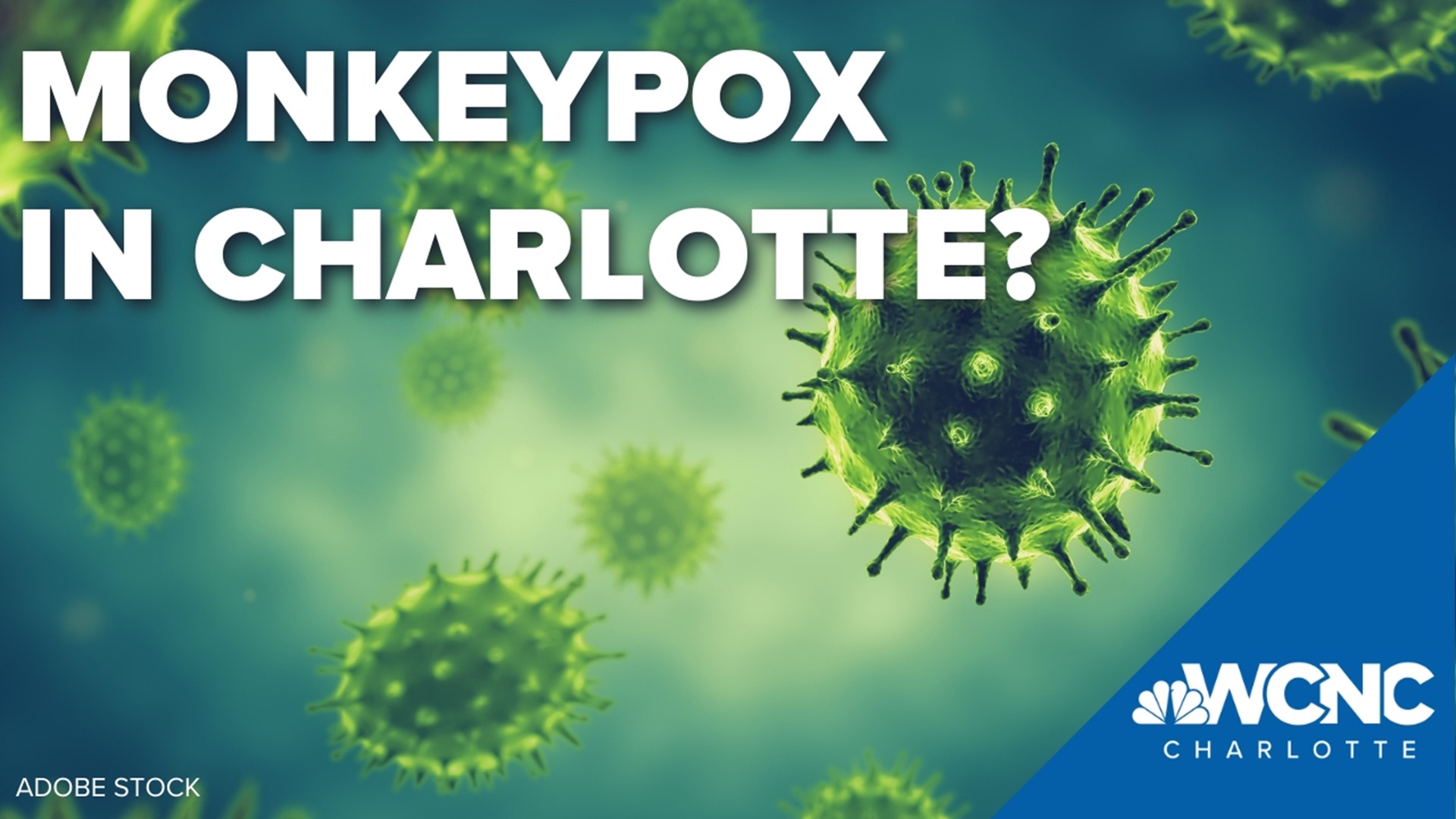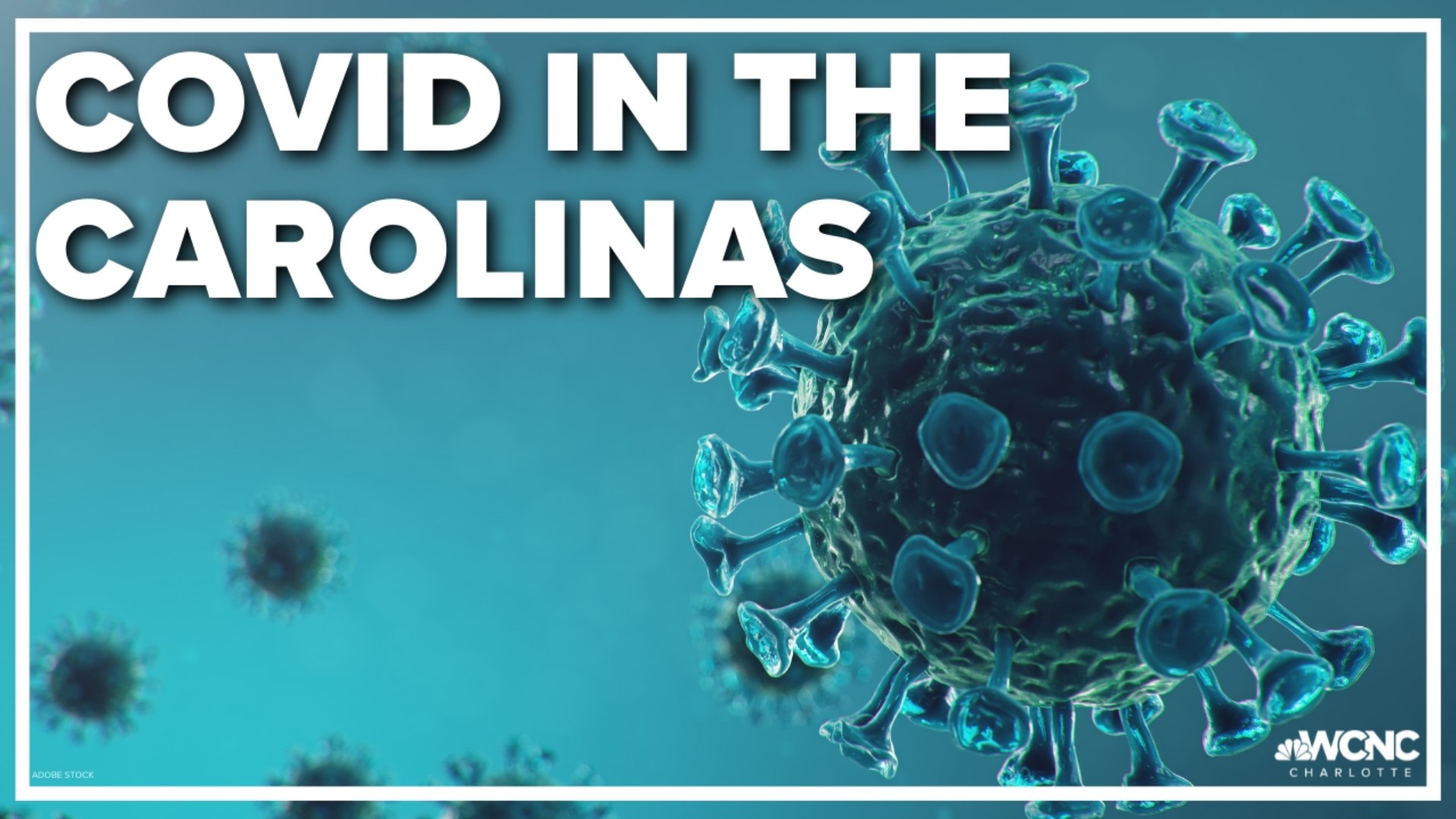CHARLOTTE, N.C. — Health officials in South Carolina have completed their monitoring of two people who were exposed to a person confirmed to have monkeypox during a flight.
The infected person lives in the United Kingdom. Both South Carolina residents have been cleared and the state still has no confirmed cases of the virus so far. To date, the World Health Organization has identified around 250 confirmed or suspected cases of the rare disease in at least 16 countries. A handful of those cases have been in the United States.
Dr. Katie Passaretti, an infectious disease expert with Atrium Health, said it wouldn't be surprising if cases pop up in the Charlotte area, but it's unlikely there will be significant monkeypox spread in the region.
“It wouldn’t be a huge surprise, given being a hub of international travel, that people come into the Charlotte area that we could have cases in the future,” Passaretti said.
In the past, monkeypox has been connected to travel or seen in central and west Africa. It spreads through prolonged, direct contact. A new infection can develop after exposure to broken skin, respiratory droplets, or the bodily fluids of someone who has it. Initial symptoms are typically flu-like followed by swollen lymph nodes and a widespread rash.
“This outbreak of monkeypox is presenting a little bit differently in that it can sometimes appear as a sexually transmitted disease, so not a presentation that clinicians typically clue into for monkeypox,” Passaretti said.
These new cases come as COVID-19 still spreads worldwide. But the viruses have clear differences.
“Monkeypox is much less transmissible than COVID," Passaretti said. "We in no way anticipate spread like we've seen with COVID, or a pandemic of monkeypox, but certainly the number of cases is concerning."
There have been sporadic cases of monkeypox in the United States in the past. The federal government has released doses of the vaccine from its national stockpile to help.
“All those I think set us up in a much better place than we were with COVID, which really was a completely unknown virus," Passaretti said. "We didn't have a vaccine already made, so I do think it's a much better situation going in than we went into with COVID."
Passaretti said infections like this can spread because of how freely many travel around the globe. Outbreaks of other infectious diseases are bound to happen in the future, too.
“These events keep happening," she said. "Awareness, maintaining preparedness for this, I think it just highlights the importance of being prepared for the next infectious issue."
Doctors say prevention measures like handwashing and wearing a mask can help.
Contact Chloe Leshner at cleshner@wcnc.com and follow her on Facebook, Twitter and Instagram.


